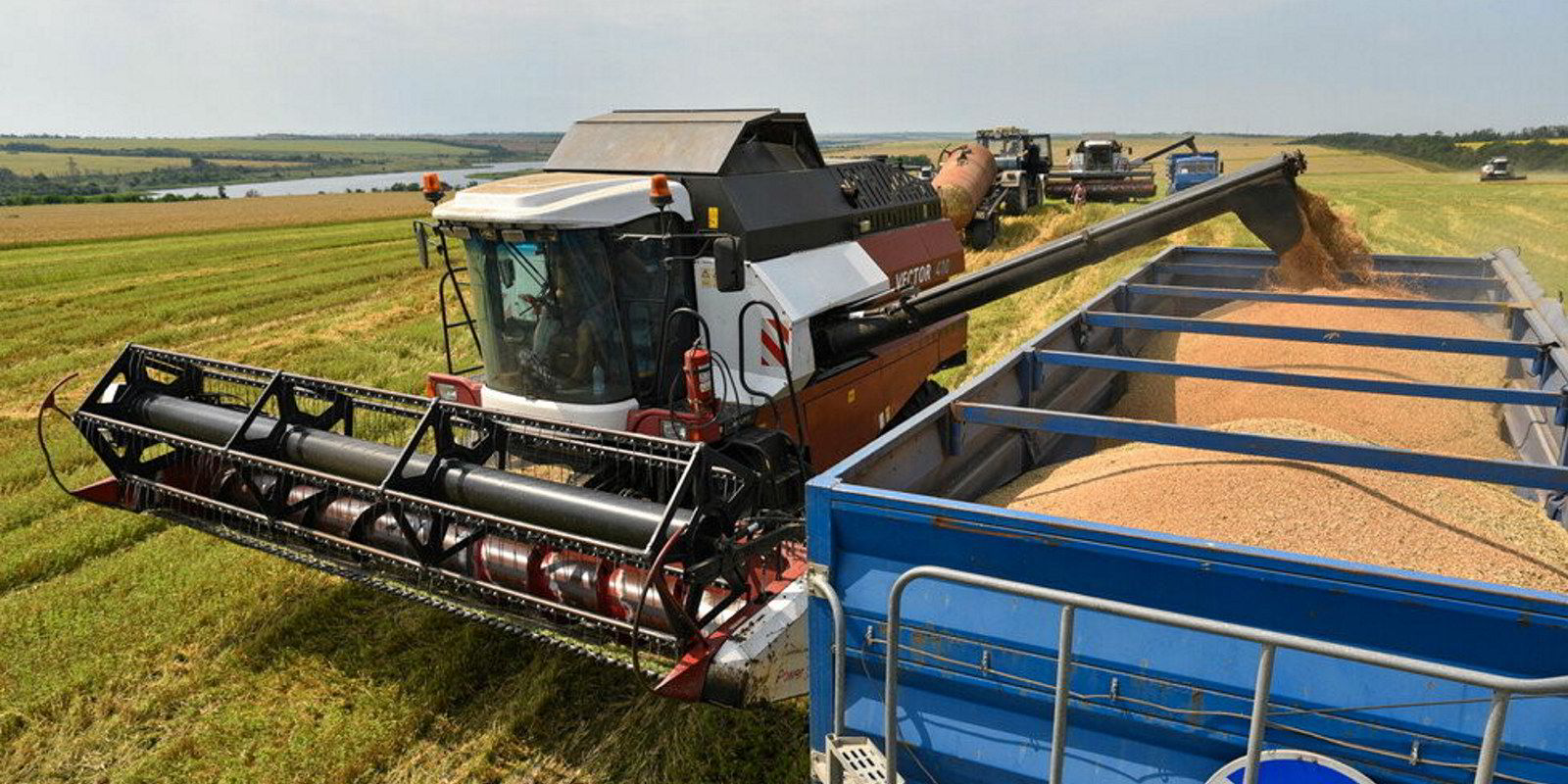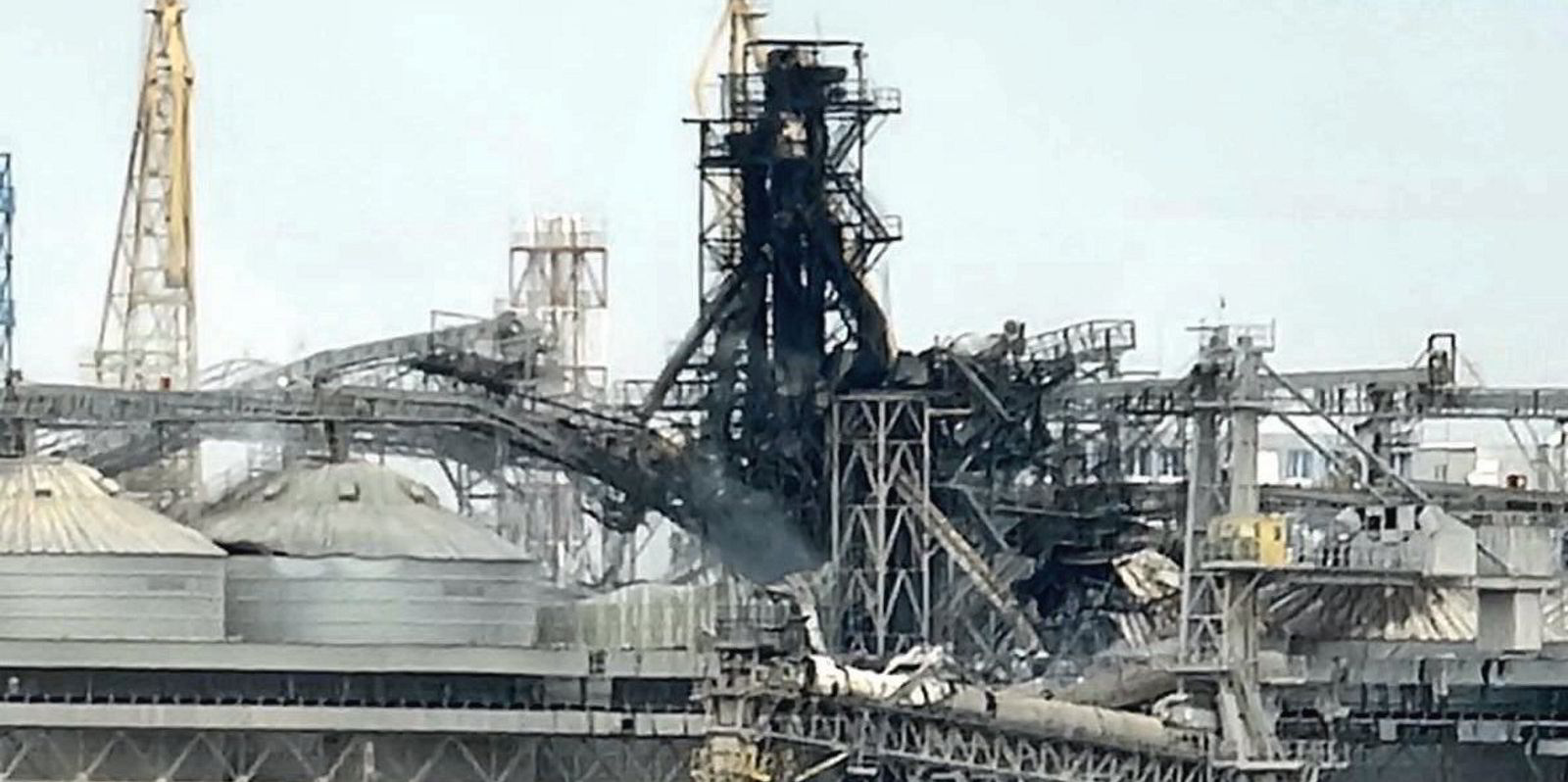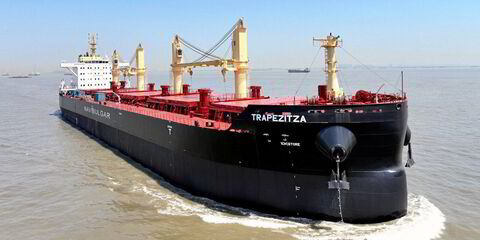Less than 24 hours after Moscow warned that it could sink cargo ships approaching Ukraine, the government in Kyiv responded by issuing the same threat to vessels carrying Russian grain in the Black Sea.
“The Ministry of Defence of Ukraine warns that from 00.00 on July 21, 2023, all vessels heading in the waters of the Black Sea in the direction of seaports of the Russian Federation and Ukrainian seaports located on the territory of Ukraine temporarily occupied by Russia may be considered by Ukraine as … carrying military cargo with all the associated risks,” infrastructure minister Oleksandr Kubrakov tweeted on Thursday.
“In addition, sailing in the areas of the North-Eastern part of the Black Sea and the Kerch-Yenikal Strait is prohibited by Ukraine as dangerous from 05.00 on July 20, 2023. Relevant navigational information for mariners has already been published.”
Ukraine has much less firepower to inflict damage in the Black Sea than Russia. However, it has demonstrated that it can still cause considerable damage.
On 17 July, Ukrainian missiles or drones hit the bridge of Kerch, which links Russia proper with the Russian-occupied province of Crimea that broke away from Ukraine in 2014.
The hit has led to a temporary halt in ship traffic between the Sea of Azov and the Black Sea.
Relations between Russia and Ukraine deteriorated further on Monday after Moscow followed through on long-standing threats to pull the plug on the Black Sea Grain Initiative — a United Nations-protected scheme for the safe export of Ukrainian grain.
Moscow had little to gain from the grain deal, as its own agricultural exports continue unabated during the war at a brisk pace.
According to official Russian figures released this month, shipments of grain, minerals, chemical fertilisers, coal and coke rose at an annual pace of 18% in the first six months of the year to 224.7m tonnes.
Exports from the Azov Sea and Black Sea basin accounted for the biggest part of these exports, 151m tonnes, or up 21% year on year. Transshipment of dry cargo exports from that region rose at an even steeper pace of 33% to 71.8m tonnes.
Azov Sea ports such as Mariupol and Berdyansk, which were annexed by Moscow a few months after Russia invaded Ukraine in February 2022, are now beginning to contribute to those figures.
The Russian-backed separatist Donetsk News Agency reported on 17 July that agribusinesses in Russia’s “new territories” have begun harvesting this month and have collected 340,000 tonnes of grain.





